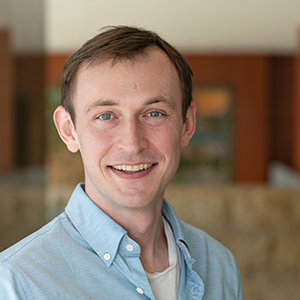The research community at the Institute includes visiting scholars, consultants, economists, research analysts, and research assistants. These scholars bring a diversity of backgrounds, interests, and expertise to research that deepens our understanding of economic opportunity and inclusion as well as policies that work to improve both.
Before we can make any decisions of our own, our families make them for us. Families, and the choices they make for their kids, sit at the center of economist Na’ama Shenhav’s career.
A child of Israeli immigrants “who prioritized education over everything else,” Shenhav was drawn to economics as an undergrad at Berkeley by coursework that analyzed how spouses bargain with each other over what to do with family resources. Splurge? Save? Spend on the children? As a graduate student at the University of California, Davis, she was struck that from the 1970s to the 1990s, when women’s earnings moved closer to men’s, families also invested substantially more in their children’s education. Economists tended to study those two trends separately, but Shenhav asked herself a different question: “To what degree are women’s changing positions in households contributing to greater investments in kids?”
She started by studying the ways that families form. Her Ph.D. thesis showed that when women can earn higher wages, they choose more highly educated spouses, or, when that is not possible, they delay or even forego marriage. More recently, Shenhav’s work studies how policies shape families’ choices. For example, the women’s suffrage movement made elected officials accountable to women, who tended to support public schooling and public health investments. Shenhav’s research shows that women’s political enfranchisement also raised children’s educational attainment. She has also shown how public education and families combine to help children learn. Head Start preschool programs, for example, have smaller effects on achievement for children from smaller families to whom parents can devote more resources. Traditional estimates of Head Start’s effects, however, skew toward larger families, missing those differences and slightly overstating the program’s average effect.
Shenhav, who served until recently as the Institute’s System affiliate from the San Francisco Fed, continues the same line of inquiry that started her research career in higher education by studying how higher education affects families, mothers, and children. Attending college raises a mother’s wages, keeps her attached to better jobs even after her kids are born, and, echoing a theme of Shenhav’s work, benefits the mother’s children.







